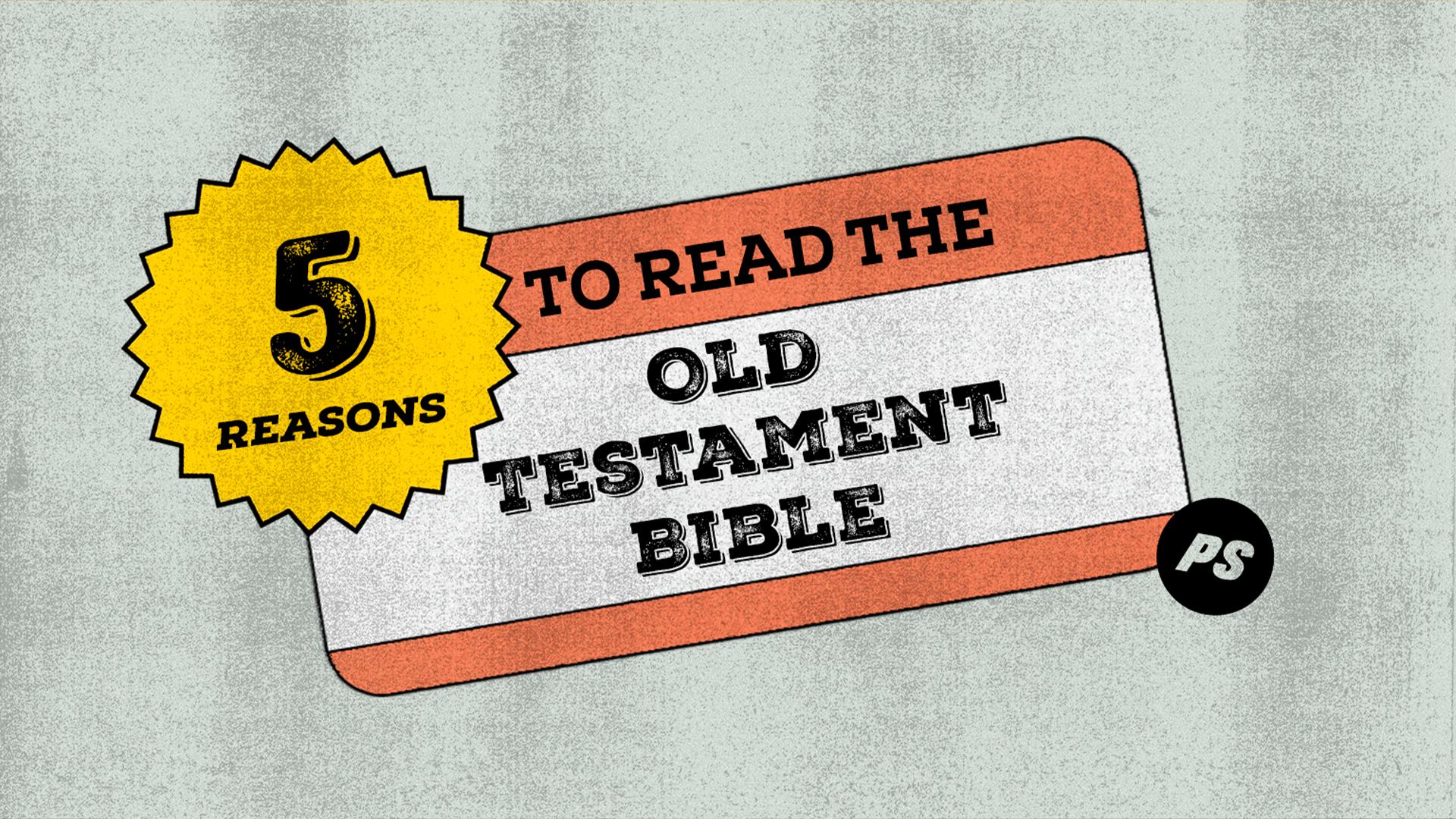How do you see the Bible? A literary classic? A pious fiction? A historical artifact or God’s authoritative and inspired self-revelation? I firmly believe that what we believe about the Bible will determine our approach to it.
Much later in life, I discovered that not everybody saw the Bible the way that I did. In my first year in seminary, I attended an academic conference in San Diego— the annual meeting of the Society of Biblical Literature (SBL). It was a very stretching time for me because, for the first time, I encountered people who were clearly experts in their field, yet appeared to have no meaningful commitment to the Bible’s authority over their lives. Don’t get me wrong. Some of them were clearly wonderful people, but it struck me as odd that somebody would give their entire professional career to studying the Bible as a historical artifact, rather than as the Word of God revealed.
To put it simply, these people viewed the Bible just like any other book. There are others who say that though the Bible is a ‘special case’ (because it was inspired), nevertheless, if we are to interpret it correctly, we must treat it like any other book. But I (and of course, many others) would go one step further. The Bible is absolutely unique. It is like NO other book. It is inspired by the Holy Spirit; breathed out by God Himself. It is the revelation of One who habitually and intentionally reveals Himself, knows us and desires to be known by us.
The Bible is absolutely unique. It is like NO other book. It is inspired by the Holy Spirit; breathed out by God Himself. It is the revelation of One who habitually and intentionally reveals Himself, knows us and desires to be known by us.
The Bible is like a treasure hidden in a field. When a young man found this treasure, his heart leapt within him and for a moment, he seriously contemplated selling all that he had to purchase the field. But, since he was a man of some means, he decided to consult the experts to determine if what he had found, really was treasure. To his surprise, the experts were sharply divided. Some cautioned him that what he had found was really no treasure at all, but merely a rock in the ground, and that those who thought it treasure, were deluded fanatics. Others contended that while what he had found was incredibly common and indeed a rock, it was a special type of rock. For this reason, it looked, felt and smelled the same as any other rock, and was, for the purpose of analysis, to be treated like any other rock. However, it was special nonetheless.
This seemed strange. It sure did look like treasure to the man and part of him was sorry that he had not responded to his first impulse. But the experts seemed firmly agreed on one thing: what he had found was a common rock. And after all, he reasoned, they should know. They’re experts. Reluctantly persuaded, the man returned the treasure to the field and buried it again. From time to time, he visited the field again, just to look at the treasure. But as he grew older, he had less time for childish fantasies and visited less and less.
One day, as he was passing the field, he noticed that some of the same experts he had once consulted, were there. One was holding the treasure up to the light and they were all gathered around, arguing bitterly about it. With a condescending chuckle, the man wondered to himself why people would invest their entire lives in examining and arguing about something which they all agreed, was nothing but a common rock. Finally convinced by the behaviour of the experts, he decided that he wanted nothing more to do with the treasure and turned on his heel and walked off. He never visited the field again. Indeed, he began to doubt that there even was such a thing as treasure.
As a result of his cultivated inability to recognise value in anything, he died poor. Shortly after his final visit to the field, however, another young man discovered the treasure in the field. He quickly buried it again and went away and sold everything he had so that he could buy the field. This he did, and his investment paid great dividends for the rest of his life.
The Bible is God’s word, in which He reveals Himself… read from a perspective that God is speaking to you and the Holy Spirit is with you; this can shift your perception of the Bible and lead to a powerful encounter with God.
More post from College





